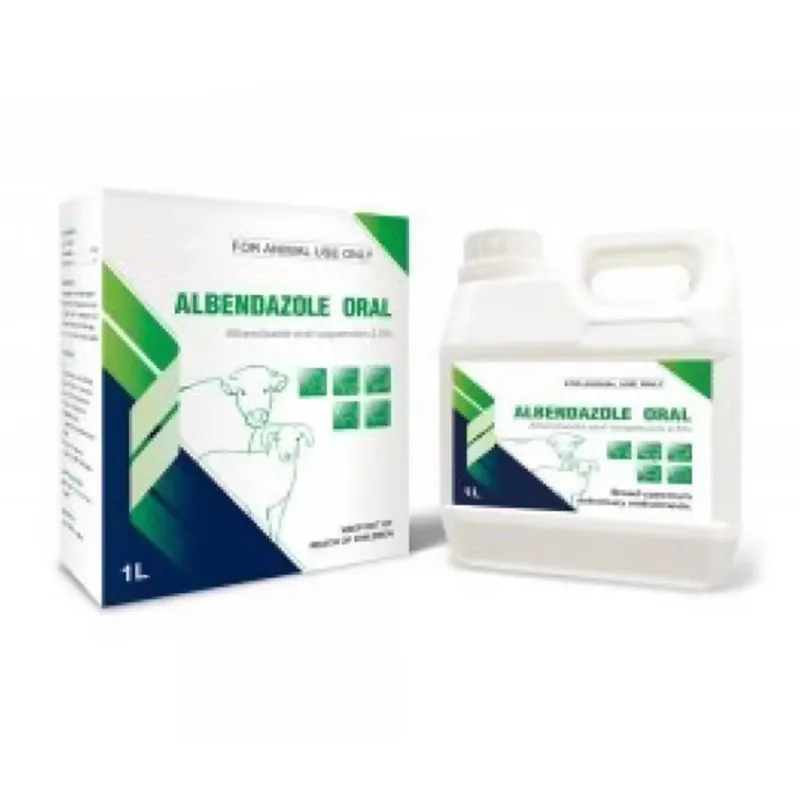- Afrikaans
- Albanian
- Amharic
- Arabic
- Armenian
- Azerbaijani
- Basque
- Belarusian
- Bengali
- Bosnian
- Bulgarian
- Catalan
- Cebuano
- Corsican
- Croatian
- Czech
- Danish
- Dutch
- English
- Esperanto
- Estonian
- Finnish
- French
- Frisian
- Galician
- Georgian
- German
- Greek
- Gujarati
- Haitian Creole
- hausa
- hawaiian
- Hebrew
- Hindi
- Miao
- Hungarian
- Icelandic
- igbo
- Indonesian
- irish
- Italian
- Japanese
- Javanese
- Kannada
- kazakh
- Khmer
- Rwandese
- Korean
- Kurdish
- Kyrgyz
- Lao
- Latin
- Latvian
- Lithuanian
- Luxembourgish
- Macedonian
- Malgashi
- Malay
- Malayalam
- Maltese
- Maori
- Marathi
- Mongolian
- Myanmar
- Nepali
- Norwegian
- Norwegian
- Occitan
- Pashto
- Persian
- Polish
- Portuguese
- Punjabi
- Romanian
- Russian
- Samoan
- Scottish Gaelic
- Serbian
- Sesotho
- Shona
- Sindhi
- Sinhala
- Slovak
- Slovenian
- Somali
- Spanish
- Sundanese
- Swahili
- Swedish
- Tagalog
- Tajik
- Tamil
- Tatar
- Telugu
- Thai
- Turkish
- Turkmen
- Ukrainian
- Urdu
- Uighur
- Uzbek
- Vietnamese
- Welsh
- Bantu
- Yiddish
- Yoruba
- Zulu
9 月 . 08, 2024 04:32 Back to list
Ivermectin Injection Dosage for Sheep | Comprehensive Guide
Ivermectin Injection Dose for Sheep A Comprehensive Guide
Ivermectin is a widely used anthelminthic and ectoparasiticide that plays a crucial role in the management of parasites in sheep. Due to its effectiveness against a variety of parasites, including gastrointestinal roundworms, lungworms, and external parasites like mites and lice, it has become a staple in ovine veterinary practice. Understanding the appropriate dosage and administration of ivermectin is essential for ensuring the health and productivity of sheep.
The recommended dose of ivermectin for sheep typically ranges from 0.2 to 0.4 mg per kilogram of body weight, administered as a subcutaneous injection. This dosage can vary based on the specific formulation of ivermectin used, as well as the type and severity of the parasitic infection being treated. For example, in cases of severe infestations, a veterinarian might suggest the higher end of the dosing range or even a repeat treatment after a certain period.
Before administering ivermectin, it is vital to weigh the sheep accurately to determine the correct dose, as overdosing can lead to toxicity, while underdosing may result in ineffective treatment and the potential for the development of drug-resistant parasite populations. Care should also be taken to use the appropriate veterinary formulation of ivermectin, as products designed for use in other species may not be safe for sheep.
ivermectin injection dose for sheep

In addition to dosage considerations, the timing of administration is also important
. Ivermectin should be administered at the right time during the parasitic life cycle to maximize efficacy. For example, treating sheep at the onset of grazing season or during known parasite transmission periods can help control infestations effectively.Moreover, sheep should be observed for any adverse reactions following injection, such as swelling at the injection site or signs of an allergic reaction. Most sheep tolerate ivermectin well, but individual variability always exists. If any concerning symptoms arise, it is advisable to consult a veterinarian immediately.
It is also essential to note that ivermectin has a meat and milk withdrawal period, meaning that sheep treated with this medication should not be slaughtered for meat or their milk should not be used for food production for a specified time after treatment. The withdrawal period can vary based on local regulations and the specific ivermectin formulation used, so referring to the product label and guidelines from veterinary professionals is crucial.
In summary, the effective use of ivermectin in sheep relies on accurate dosing, proper timing, and adherence to withdrawal guidelines. Regular veterinary consultations and monitoring of flock health will help optimize parasitic control, ensuring the continued productivity and welfare of the sheep. As with any medication, responsible use and attention to the details of administration are key to successful outcomes in sheep management.
-
The Power of Radix Isatidis Extract for Your Health and Wellness
NewsOct.29,2024
-
Neomycin Sulfate Soluble Powder: A Versatile Solution for Pet Health
NewsOct.29,2024
-
Lincomycin Hydrochloride Soluble Powder – The Essential Solution
NewsOct.29,2024
-
Garamycin Gentamicin Sulfate for Effective Infection Control
NewsOct.29,2024
-
Doxycycline Hyclate Soluble Powder: Your Antibiotic Needs
NewsOct.29,2024
-
Tilmicosin Premix: The Ultimate Solution for Poultry Health
NewsOct.29,2024













